Best Fertilizer For Flowers To Grow Beautiful Blooms
Title: The Best Fertilizer for Flowers to Grow Beautiful Blooms
Introduction:
Flowers are a beautiful addition to any garden, but they need the right nutrients to thrive. Fertilizer is essential for providing flowers with the nutrients they need to grow strong and produce abundant blooms. The right fertilizer can help your flowers reach their full potential, but with so many different fertilizers on the market, it can be hard to know which one is right for you.
In this blog post, we will discuss the different types of fertilizer available, as well as the factors you need to consider when choosing a fertilizer for your flowers. We will also recommend some of the best fertilizers on the market for flowers of all types.
Main Content:
There are three main types of fertilizer:
- Nitrogen-rich fertilizer: Nitrogen is essential for plant growth, and it helps to promote lush foliage. However, too much nitrogen can lead to weak stems and fewer blooms.
- Phosphorus-rich fertilizer: Phosphorus is essential for flower production. It helps to promote root growth and flower bud development.
- Potassium-rich fertilizer: Potassium helps to strengthen plant cells and improve resistance to diseases and pests. It also helps to improve flower color and prolong bloom time.
The best fertilizer for your flowers will depend on the type of flowers you are growing, as well as the soil conditions in your garden. For example, if you are growing roses, you will need a fertilizer that is high in phosphorus. If you are growing annuals, you may want to choose a fertilizer that is balanced in all three nutrients.
You should also consider the type of fertilizer when choosing one for your flowers. There are two main types of fertilizer:
- Water-soluble fertilizer: Water-soluble fertilizer is easy to use and provides quick results. However, it needs to be applied more frequently than other types of fertilizer.
- Slow-release fertilizer: Slow-release fertilizer releases nutrients over time, so you don't have to apply it as often. However, it can be more expensive than water-soluble fertilizer.
Once you have chosen the type of fertilizer you want, you need to determine how much to use. The amount of fertilizer you need will depend on the size of your flowers and the type of fertilizer you are using. Be sure to follow the directions on the fertilizer label carefully.
Conclusion:
Fertilizer is an important part of growing beautiful flowers. By choosing the right fertilizer and using it correctly, you can help your flowers reach their full potential and produce abundant blooms.
Here are some additional tips for using fertilizer to grow beautiful flowers:
- Test your soil before you fertilize. This will help you determine which nutrients your soil is lacking and how much fertilizer you need to apply.
- Apply fertilizer in the spring and fall. This will help your flowers get the nutrients they need to grow strong and produce blooms throughout the growing season.
- Water your flowers thoroughly after fertilizing. This will help the fertilizer dissolve and reach the roots of your plants.
- Avoid fertilizing your flowers in hot weather. This can stress your plants and lead to leaf burn.
By following these tips, you can help your flowers thrive and produce beautiful blooms for years to come.
Are you looking for the best fertilizer for your flowers? There are many different types of fertilizers on the market, and it can be difficult to know which one is right for you. That's why we've put together this guide to help you find the best fertilizer for your flowers.
We'll discuss the different types of fertilizers available, as well as the nutrients that flowers need to thrive. We'll also provide some tips on how to fertilize your flowers properly.
So whether you're a beginner gardener or a seasoned pro, we've got you covered. Read on to learn more about the best fertilizer for flowers.
FAQ of best fertilizer for flowers
- What is the best fertilizer for flowers?
There is no one-size-fits-all answer to this question, as the best fertilizer for flowers will vary depending on the type of flower, the climate, and the soil conditions. However, in general, flowers need a fertilizer that is high in phosphorus, which helps to promote blooming. Some good options for flower fertilizers include:
* 10-30-15 fertilizer: This fertilizer is a good all-around choice for most flowers.
* 5-10-10 fertilizer: This fertilizer is a good choice for flowers that need more nitrogen, such as roses.
* 0-10-10 fertilizer: This fertilizer is a good choice for flowers that need more potassium, such as hydrangeas.
- How often should I fertilize my flowers?
The frequency of fertilizing your flowers will depend on the type of fertilizer you are using. Liquid fertilizers can be applied more frequently than granular fertilizers. In general, you should fertilize your flowers every 4-6 weeks during the growing season.
- How much fertilizer should I use?
The amount of fertilizer you should use will depend on the size of your plants and the type of fertilizer you are using. Always follow the directions on the fertilizer label.
- Can I use too much fertilizer?
Yes, you can use too much fertilizer. Too much fertilizer can burn your plants and stunt their growth. It is important to follow the directions on the fertilizer label carefully.
- What are some organic fertilizer options for flowers?
There are a variety of organic fertilizer options available for flowers. Some good choices include:
* Compost: Compost is a great way to naturally fertilize your flowers. You can make your own compost or purchase it from a garden center.
* Bone meal: Bone meal is a high- phosphorus fertilizer that is good for promoting blooming.
* Blood meal: Blood meal is another high-phosphorus fertilizer that is good for promoting blooming.
* Fish emulsion: Fish emulsion is a liquid fertilizer that is high in nitrogen and phosphorus.
* Kelp meal: Kelp meal is a high-potassium fertilizer that is good for overall plant health.
- What are some tips for fertilizing flowers?
Here are some tips for fertilizing flowers:
* Water your plants thoroughly before fertilizing. This will help to prevent the fertilizer from burning the roots.
* Apply the fertilizer to the soil around the base of the plant, not directly on the leaves.
* Work the fertilizer into the soil with a garden fork or trowel.
* Do not fertilize your plants in hot, dry weather.
* If you are using a liquid fertilizer, dilute it according to the directions on the label.
Image of best fertilizer for flowers
- Coffee grounds: Coffee grounds are a great natural fertilizer for flowers. They are high in nitrogen, which is essential for plant growth. To use coffee grounds as fertilizer, simply sprinkle them around the base of your plants.
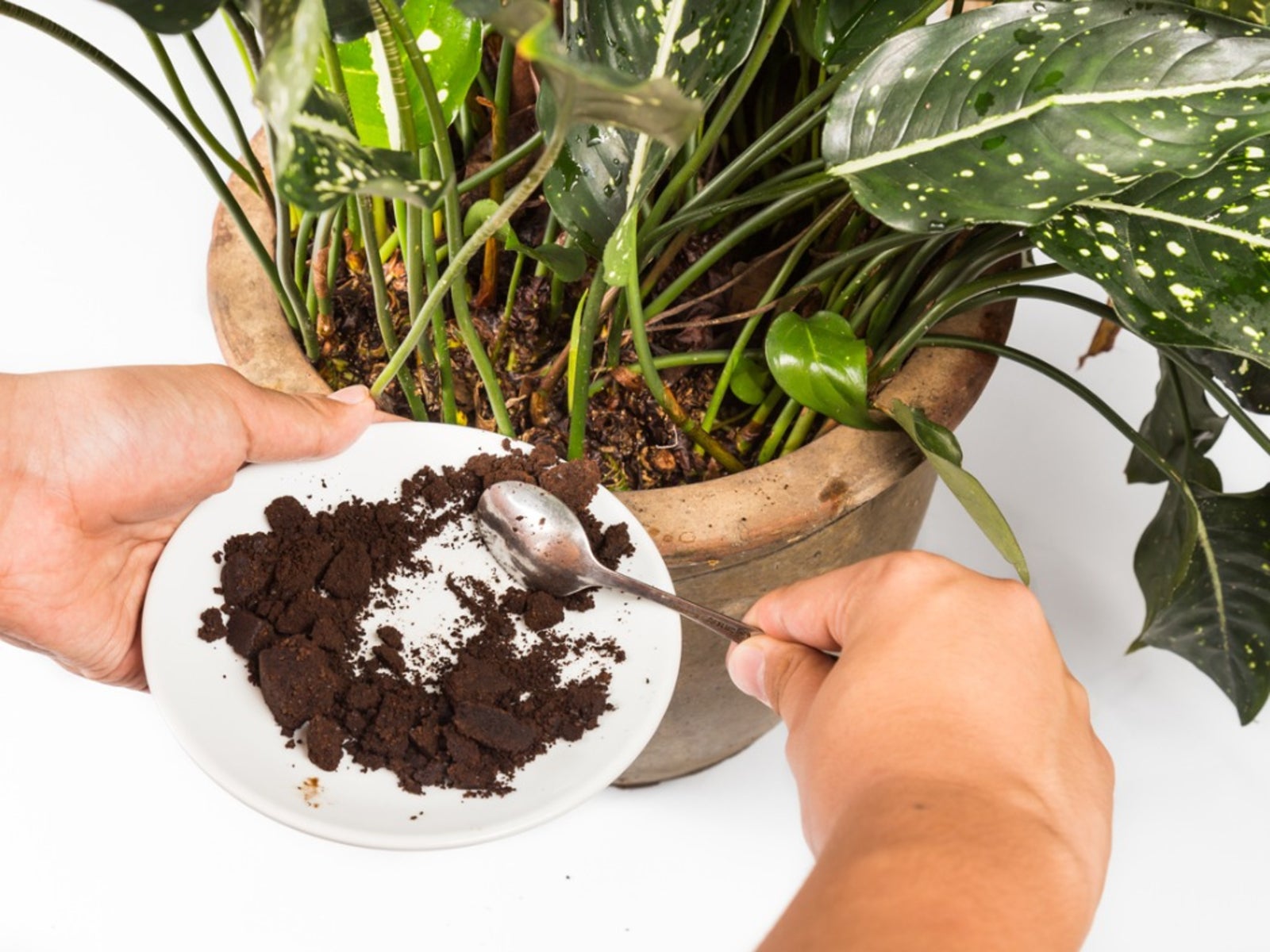
- Eggshells: Eggshells are another great natural fertilizer for flowers. They are high in calcium, which helps to strengthen plant cell walls. To use eggshells as fertilizer, simply crush them into a fine powder and sprinkle them around the base of your plants.
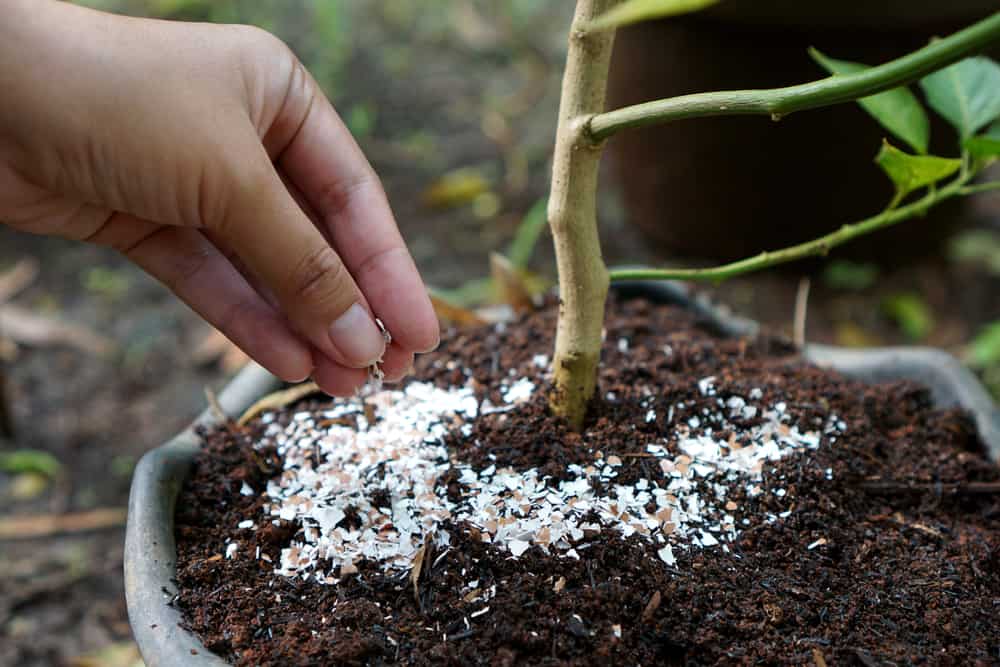
- Yard waste: Yard waste, such as grass clippings, leaves, and vegetable scraps, can be composted and used as a natural fertilizer for flowers. Compost provides plants with a balanced source of nutrients.
- Manure: Manure is a natural fertilizer that is high in nitrogen, phosphorus, and potassium. It can be used to fertilize flowers, but it is important to use manure that has been composted first. Fresh manure can burn plant roots.
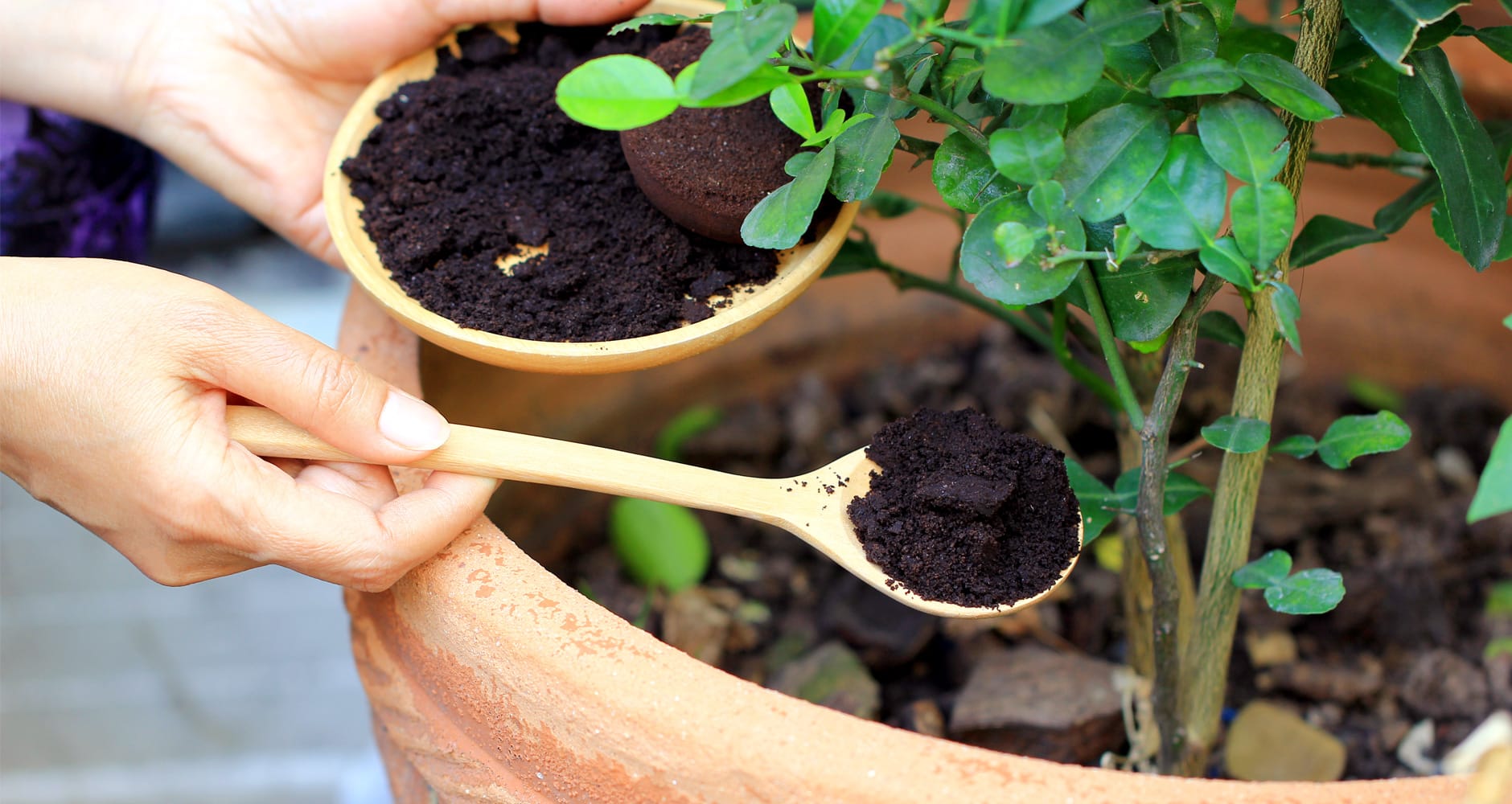
- Kelp meal: Kelp meal is a natural fertilizer that is high in trace minerals. It can be used to fertilize flowers, but it is important to use it sparingly. Kelp meal can be too strong for some plants.
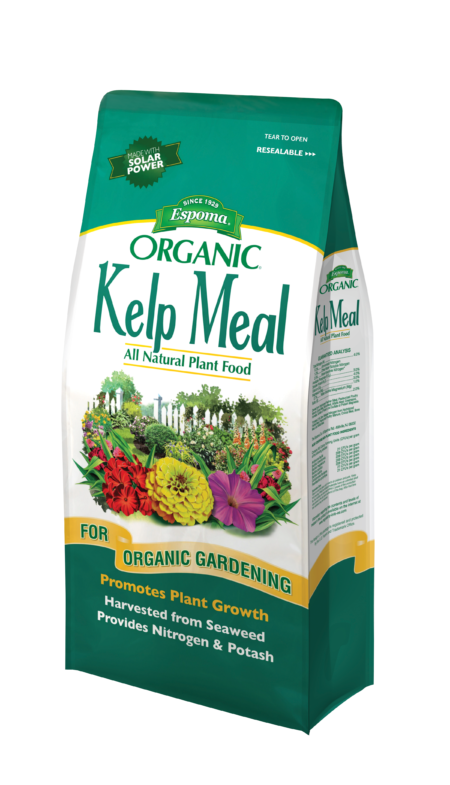
- Fish emulsion: Fish emulsion is a natural fertilizer that is high in nitrogen and phosphorus. It can be used to fertilize flowers, but it is important to dilute it according to the directions on the label. Fish emulsion can be strong and can burn plant roots if it is not diluted properly.
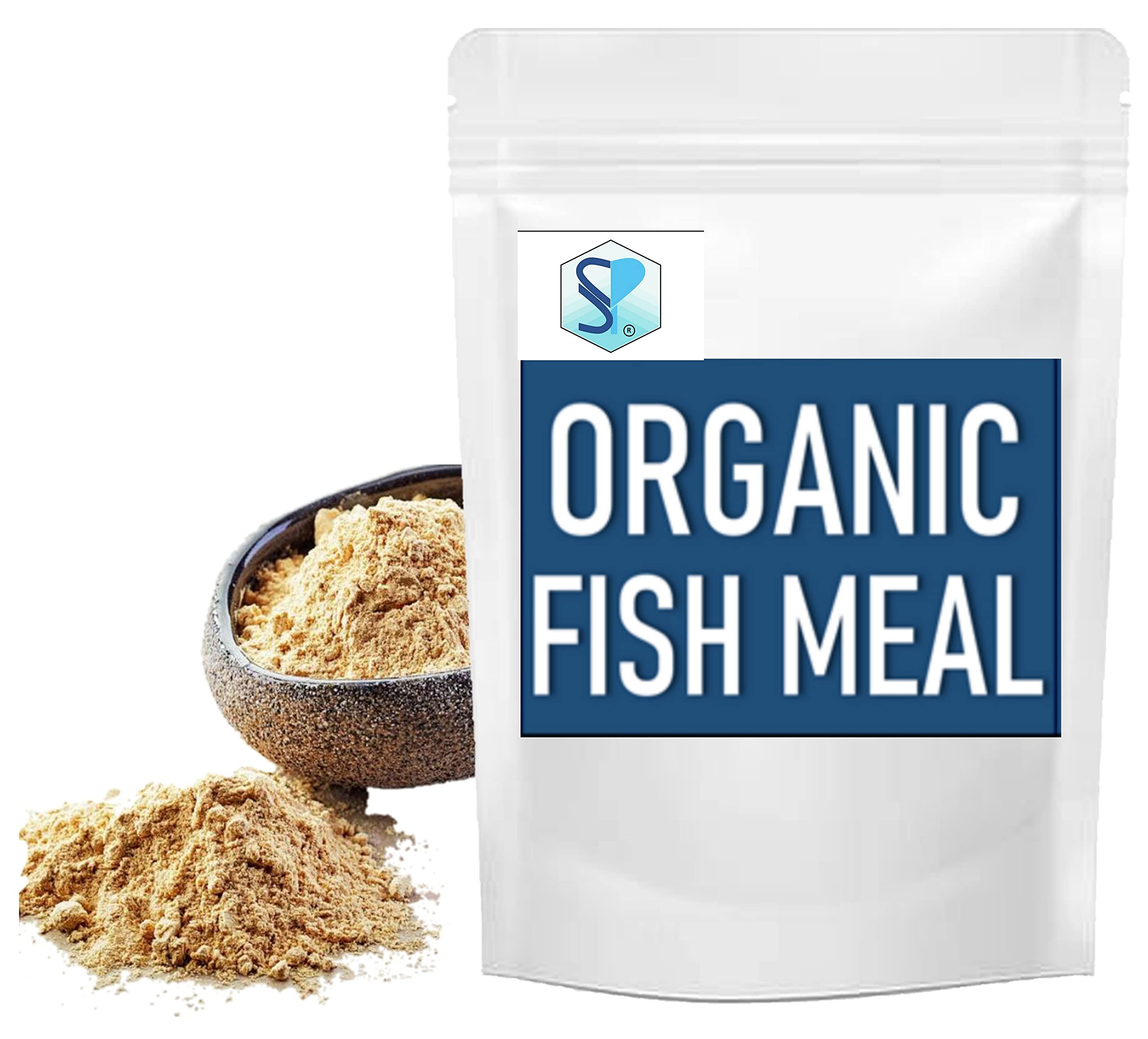
- Bone meal: Bone meal is a natural fertilizer that is high in phosphorus. It can be used to fertilize flowers, but it is important to use it sparingly. Bone meal can be too strong for some plants.
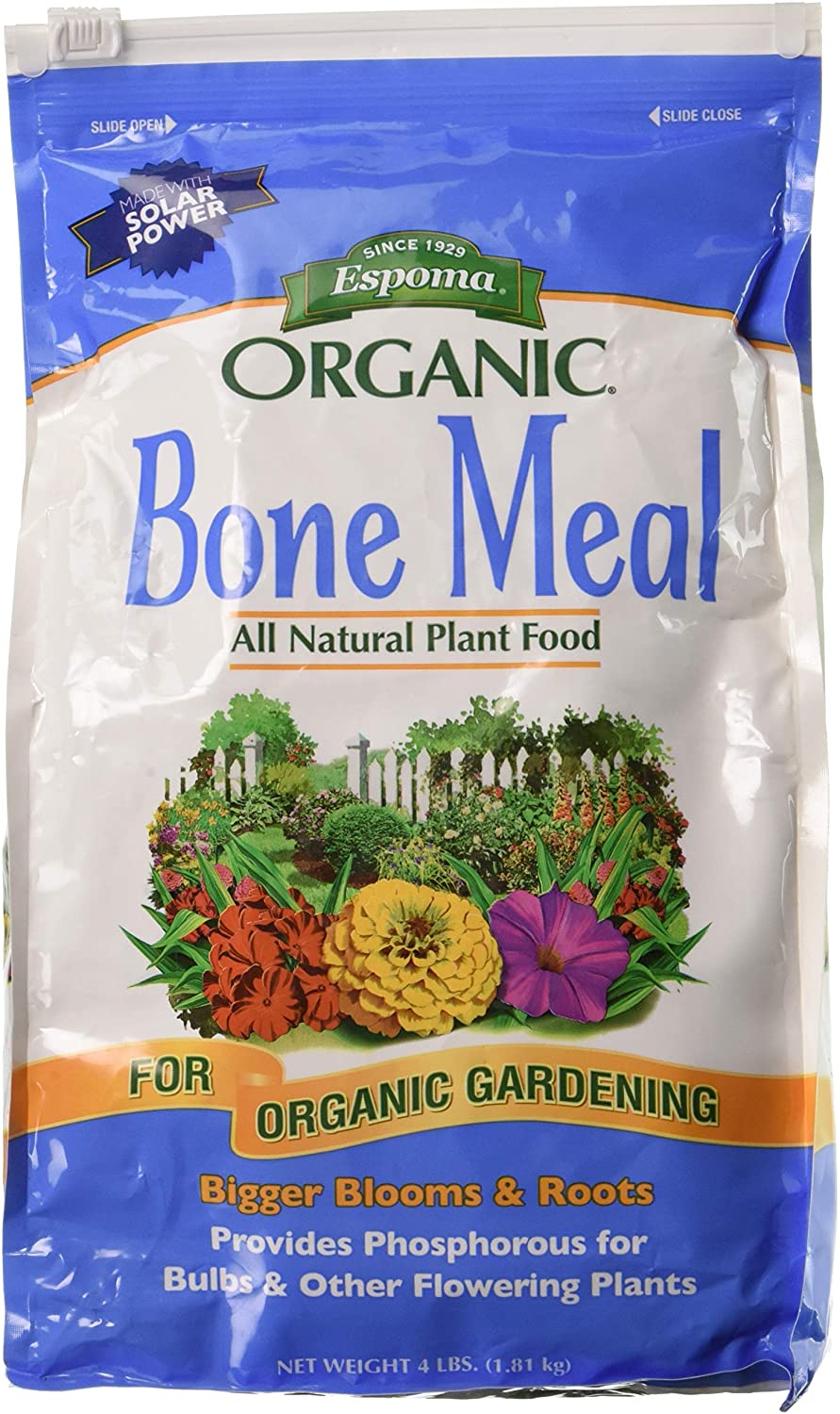
- Blood meal: Blood meal is a natural fertilizer that is high in nitrogen. It can be used to fertilize flowers, but it is important to use it sparingly. Blood meal can be too strong for some plants.

- Worm castings: Worm castings are a natural fertilizer that is high in nutrients. They are considered to be the best natural fertilizer for flowers. Worm castings can be used to fertilize flowers without the risk of burning their roots.

- Compost tea: Compost tea is a liquid fertilizer that is made from compost. It is a good source of nutrients for flowers and can be used to fertilize them without the risk of burning their roots.
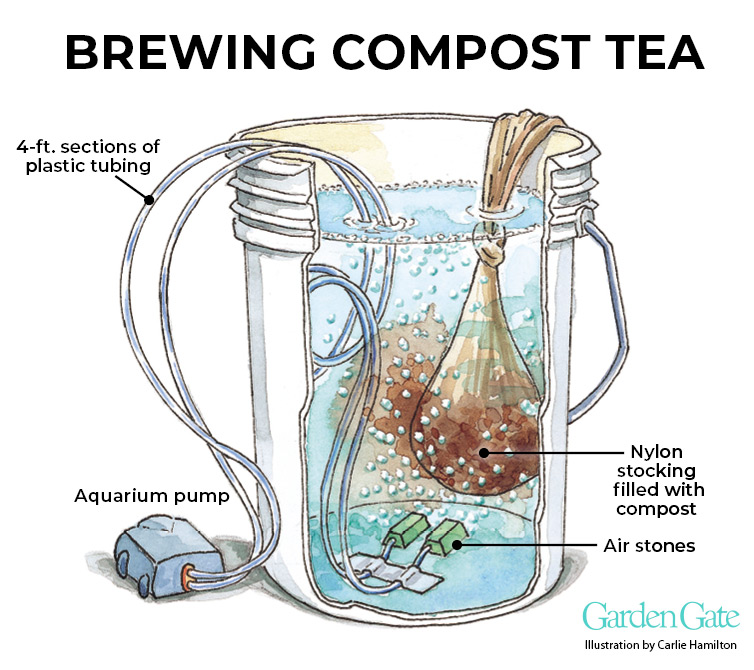
Post a Comment for "Best Fertilizer For Flowers To Grow Beautiful Blooms"